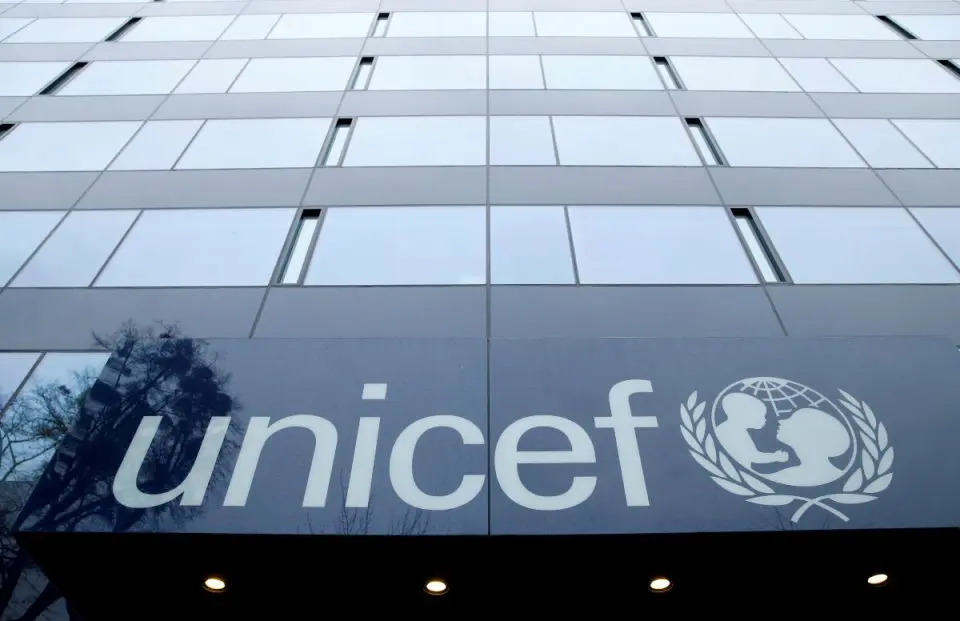KUALA LUMPUR, Feb 8 — Unemployment among heads of low-income urban families in Kuala Lumpur low-cost flat has doubled during the last year’s conditional movement control order (CMCO), said United Nations Children’s Fund (Unicef).
Unicef in a statement today said the survey by Unicef and United Nations Population Fund (UNFPA) undertaken in December last year, found that the socio-economic conditions for around half of the households surveyed continue to deteriorate.
Based on Part Three of the Families on the Edge report, joblessness among heads of households has doubled from seven per cent in September 2020 to 15 per cent in December 2020, and one in three adults in participating households remain unemployed.
“Unemployment among the female head of households (HoH) and Person With Disabilities (PwD) also increased to 13.4 per cent and 50 per cent respectively.
“The poverty rate among these families remains high at 42 per cent, although government assistance during the period helped to mitigate the severity of their deprivation, where poverty is more prevalence among PwDs HoH (55 per cent) and female HoH, with a one in two and six in ten lives in poverty,” said the statement.
Unicef said poverty incidence among female HoH increased from 47 per cent in September 2020 to 61 per cent in December 2020, and a similar trend is observed among PWD HoH, where more than half (55 per cent) live in absolute poverty, while almost all live in relative poverty (98 per cent).
Meanwhile, Representative for Unicef in Malaysia and Special Representative to Brunei Darussalam Dr Rashed Mustafa Sarwar said the latest data from Families on the Edge suggests that while some families have started to recover, others have continued to deteriorate and, at the outset of MCO 2.0, were close to breaking point.
“We need to reimagine social protection for the most vulnerable in Malaysia, including through an expansion of coverage of income support for low-income families, provision of targeted livelihoods support, particularly for the self-employed.
“We have extended our support to the government and look forward to working together to strengthen policies and programmes for families in need,” he said.
According to UNFPA Representative in Malaysia Najib Assifi, the social dynamics of these families on the edge are changing as they do their best to cope with the worsening economic situation.
“With increased pessimism further exacerbating mental health issues, it begins to shape unhealthy living environments; psychologically and sometimes physically…none are more affected than children, those with chronic illnesses, the disabled and of course those who care for them,” he said
Part 3 of the Families on the Edge report is based on the third round of data collection conducted, where it describes the socio-economic status and wellbeing of a group of 500 families with children in Kuala Lumpur’s low-cost flats.
The fourth, and final report, will be released in April 2021.
— Bernama





